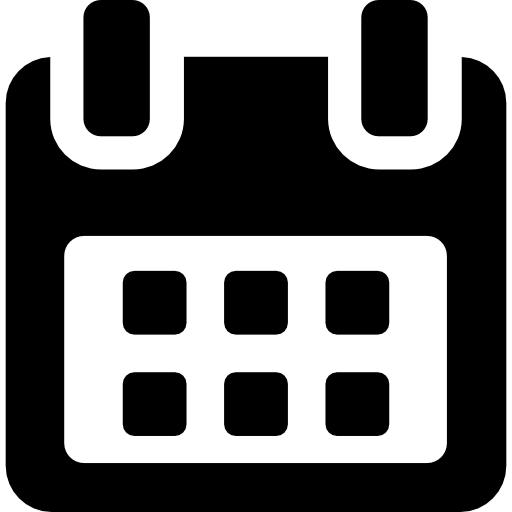About the project
Project description
The studies in this doctoral research process focus on the question of what contributes to academic flourishing. The doctoral research process resulted in four articles, three of which are based on underlying projects. The first article describes how educational scientists can contribute to academic flourishing by conducting experiments together with professionals that aim to combine various relevant objectives. The second article (based on the goal-setting project) reports the results of a large-scale field experiment on the effects of an assignment in which students describe their desired futures and goals. Students who did this assignment at the beginning of their study programme dropped out significantly less often and gained more credits than students who did a control assignment. The third article (based on the chatbot project) combines findings from educational psychology, clinical psychology, and artificial intelligence to recommend types of follow-up interventions that provide personalised coaching based on the goals and limitations. The last article (based on the ‘Working alongside your study programme’ project) reports on a longitudinal study into the effects of different types of employment on the study progress of trainee teachers. The findings of this study indicate that the optimal amount of employment at the beginning of the study programme is eight hours. In the third year, many students swap their part-time jobs outside education for jobs in education. Surprisingly, this employment is, on average, related to achieving significantly more study progress.
PhD research projects
Several projects fall under the doctoral research process. Below are the links to the project pages.
- Goal setting
- A chatbot for study skills, student wellbeing and study success
- Employment alongside your study programme
Intended results
1,134 students participated in an experiment that showed that goal setting led to significantly more credits being earned and fewer drop-outs.
Currently, 16 study programmes from three different schools (HR Business School, School of Built Environment, School of Education) at Rotterdam University of Applied Sciences apply the goal-setting intervention in their curriculum.
917 students from Rotterdam School of Management and 150 students from Rotterdam University of Applied Sciences participated in an experiment that tested the effects of a chatbot coach on study performance and student well-being.
Collaborations
For this project, we collaborated with a large number of partners, both within and outside Rotterdam University of Applied Sciences.
- Erasmus Centre for Study and Career Success
- Equal Opportunities Alliance
- School for Teacher Training (Rotterdam University of Applied Sciences)
- HR Business School (Rotterdam University of Applied Sciences)
- School of Built Environment (Rotterdam University of Applied Sciences)
- Rotterdam School of Management
Project facts
|
Duration |
Financing |
|
‘Have you ever noticed that you perform better when you set specific and ambitious goals in advance?’
Researchers
involved in this project- Izaak Dekker
PhD Candidate, Rotterdam University of Applied Sciences





